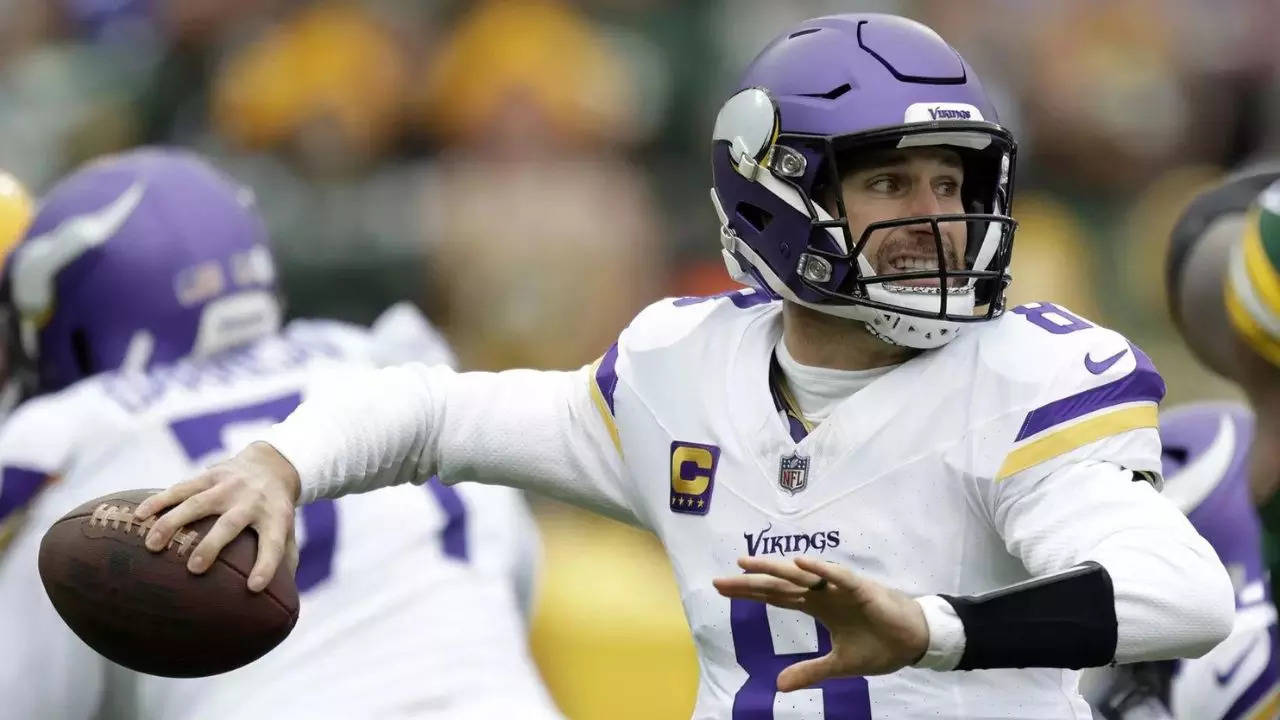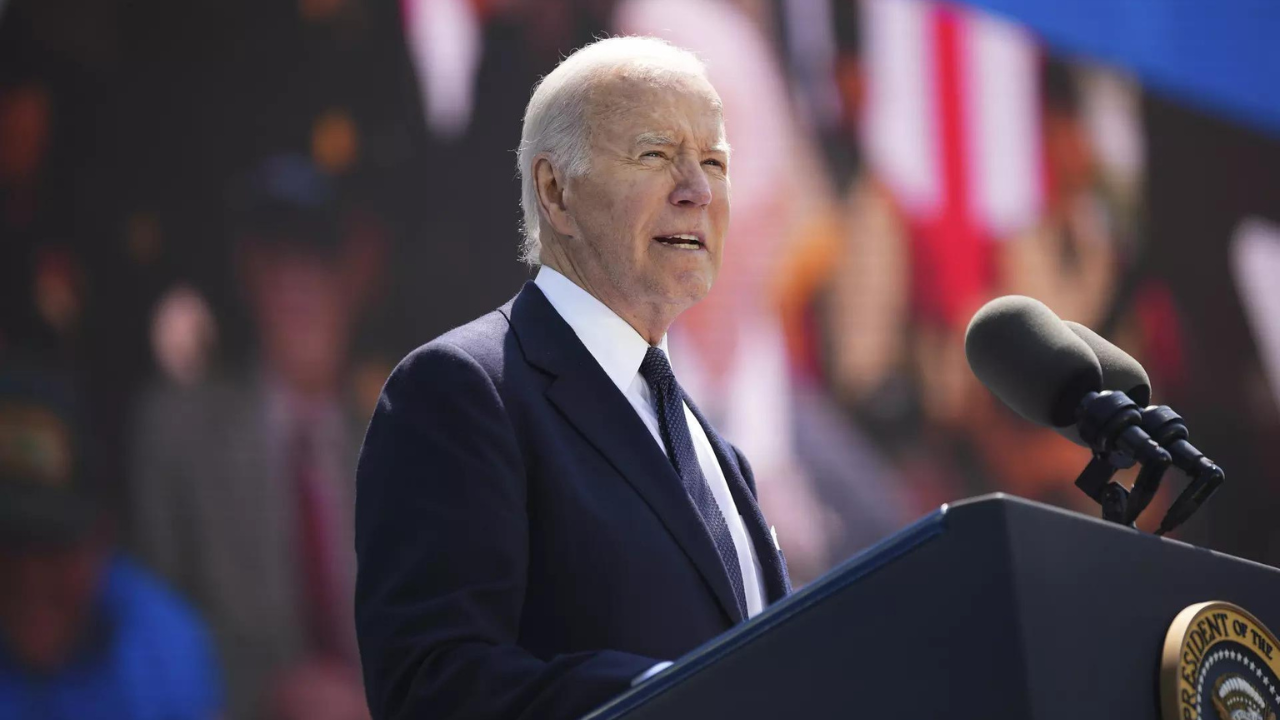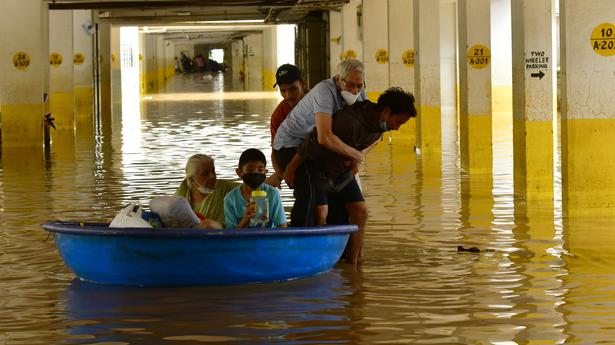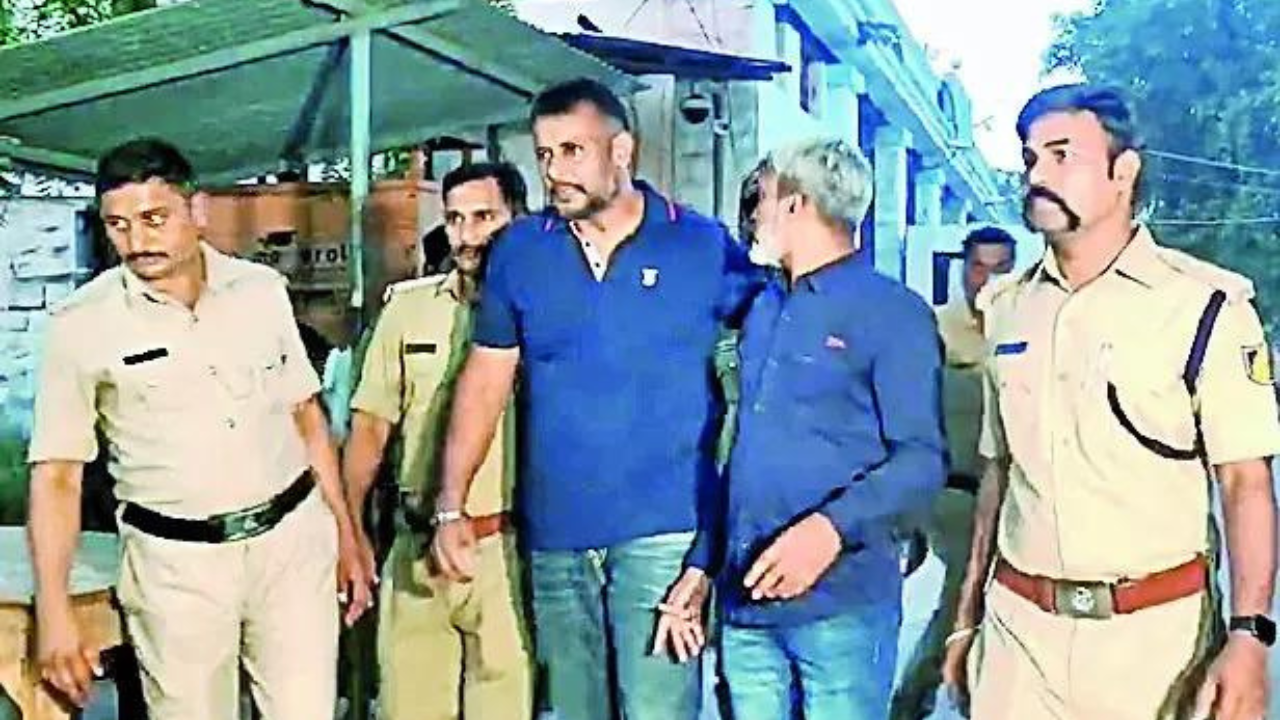Tokyo Olympics 2020: India men's hockey assistant coach Shivendra Singh writes own redemption story in historic win
Tokyo Olympics 2020: India men's hockey assistant coach Shivendra Singh writes own redemption story in historic win

With the Indian men's hockey team making history at Olympics after 41 years, assistant coach Shivendra Singh too registered a sweet personal victory, completing a sort of redemption story.
In 2008, Shivendra was part of the Indian side which lost to Great Britain in the Olympics qualifier. That loss is among the most tragic losses in India's hockey history and surely the most tragic in the last two decades. That loss ensured India's first failure to qualify for the Games since the country started playing in the mega event.
Enough has already been said about India's glorious past in hockey, especially at the Olympics and to be a part of the team which, for the first time, did not qualify for the Games, forget about a medal, must have been really painful.
Shivendra concurs.
"2008 was my first attempt to become an Olympian. But that did not happen. I was heartbroken by that loss. Then in 2012, we qualified but it was not a great result for us.
"I was very dissatisfied in my career. I felt I became an Olympian, but what did I do for my country? Just became an Olympian and represented India," said Shivendra.
The loss was unexpected as Great Britain were not a powerful force in international hockey in 2008. Losing to them in such an important match sent shockwaves among the team and fans.
"When we lost, we did not know the road ahead. What were we going to do now? How do we take our hockey forward? It was a massive loss as not qualifying in hockey for India was a big thing," remembered Shivendra.

"When we lose, we lose as a team. We had cried after the match as well. The team was full of negativity," he added.
The Gwalior-born player did represent India at Olympics in 2012 but in that tournament, Indian failed to win a single game. That was also the last Olympics for Shivendra. The wish to be a medal winner at the Games had remained unfulfilled.
Cut to 2019 when the Indian men's team underwent another change of guard post the average 2018 World Cup show at home. Shivendra was roped in as assistant coach, who would work on India's striking and in came a resolute version of him, who did not want to repeat the past.
"When I got the chance to become India's assistant coach, I decided that I did not want to waste this opportunity. I was young in 2008 and the opportunity had slipped but when I joined the team as coach, I had decided that here I am going to give my 100 percent. There will be no stone unturned to make it happen."
India registered 13 field goals in Tokyo Olympics. Shivendra gives credit to the players for applying the plans on the field and ensuring the open spaces chances were converted.
"I worked on forward coordination. On the coordination between forward and mid-field. Develop the understanding between the two. It was important players who played on two respective positions understood each other off and on the field.
"Also, where does the forward likes to receive the ball, which area is their strong point. I tried to understand that and made notes, watched their videos. Accordingly made plans, on spacing, receiving and positioning, where is our scoring area etc. Scoring zone was my area of concern and I worked on it," said the former India player.

What worked for India was the presence of fresh legs. India had 10 debutants at Olympics, which has never happened before. The plan was to have fresh legs running hard up and down the turf in the heat and humidity in Tokyo, a plan that clearly worked.
Making it to the semi-finals was historic in itself. Many players in the team like captain Manpreet, Rupinder Pal Singh and PR Sreejesh had faced disappointment in the past and Shivendra's hurt was no less than any of them.
Watching the team lose the semi-final was again very hurtful but the team picked it up in time thanks to the 'next thing mentality' principle coined by the head coach Graham Reid, where the team looks to forget the mistakes, the losses, and refuses to pass blame and moves on.
Shivendra said that there were positive vibes in the team all the way back from the Bengaluru camp. The team knew somewhere they are not returning without a medal. That sort of thought helped them stick together even through the losses, whether the Australia drubbing or the Belgium loss.
Before the bronze medal game, the team focussed on playing well and not think about the result, says Shivendra.
"If we start to think about results then the focus is diverted. The focus needs to be intact for the whole sixty minutes on the ball. We decided that this is our last match. It was told that whatever you have learnt, you have to come out with the best and doesn't matter if you're knocked out, your body collapses at the end of the day, you have to give 100 percent."
India made a comeback after being down early on and as per Shivendra, it showed the team's fight to return from any position.
As Sreejesh saved the last second PC, the Indian camp was in jubilation. Among the celebration was Shivendra as well, remembering the past and living the present at the same time.
"I was very emotional and felt I am playing that match. When we won, I did not feel like a coach, I felt like a player. Players too treat me like a friend only, not a coach. That helps up understand each other better. It felt as if I had won that medal," said a happy Shivendra.
In 2008, Shivendra Singh was part of a historic loss where the Indian men's hockey team failed to make it to the Olympics for the first time. In 2021, he helped India write history at Games in a new role.



 Admin
Admin 





































